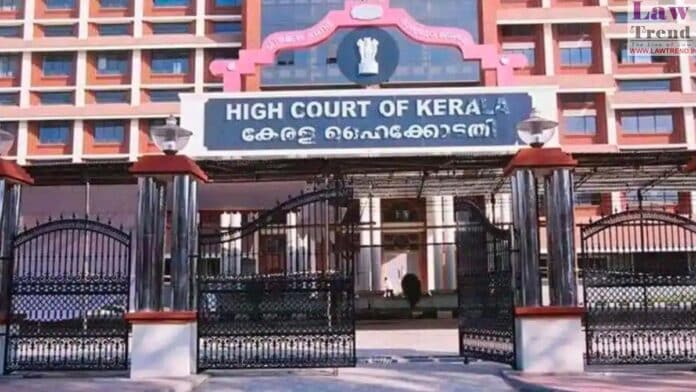The Kerala High Court recently delivered a significant judgment involving multiple tenants and a landlord, emphasizing the fundamental obligation of tenants to pay rent. The case was heard in relation to Original Petitions (Civil) Nos. 2307 and 2309 of 2022, and 1446 of 2023, all of which centered around tenants seeking protection from eviction and
To Read More Please Subscribe to VIP Membership for Unlimited Access to All the Articles, Download Available Copies of Judgments/Order, Acess to Central/State Bare Acts, Advertisement Free Content, Access to More than 4000 Legal Drafts( Readymade Editable Formats of Suits, Petitions, Writs, Legal Notices, Divorce Petitions, 138 Notices, Bail Applications etc.) in Hindi and English.




